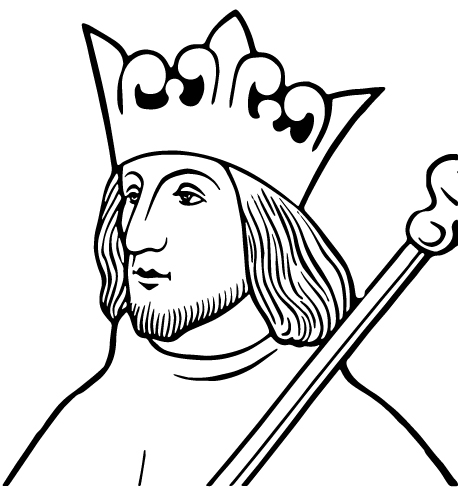King Athelstan - 924 ~ 2024
What is known of him as a man and king?
Athelstan was a warrior-king. He was also extremely religious and took his job as ruler very seriously. He undoubtedly thought that he had a God-given calling to rule the whole of England and act as the dominant political power throughout Britain. In charters he described himself as ‘by grace of God king of the English and equally guardian of the whole country of Britain'. He devoted much time and money to the veneration of saints. In addition to Aldhelm of Malmesbury he promoted the cult of the Northumbrian saint, Cuthbert. He energetically collected saints’ relics from across Europe. He founded two new religious houses, at Milton Abbas in Dorset and at Muchelney in Somerset, and made grants of land to many existing religious communities as well as Malmesbury. He was well-known as a lawmaker who wanted to improve law and order across his kingdom. Six different law codes survive from his reign.
He sought to stamp out crime particularly robbery but was also keen to reduce the brutality of the law. Athelstan is credited with raising the age at which criminals could be executed from ten to fifteen. His law codes endorsed the right of the Church to gather tithes.
Athelstan has been described as the first Anglo-Saxon king who pursued a systematic foreign policy which he did through careful marriage alliances. Athelstan also welcomed young European princes to join his peripatetic court temporarily as part of their education. Louis IV king of West Francia grew up at the court of Athelstan following the deposition of his father, Charles the Simple. Athelstan also provided a temporary home to young Scandinavian and Breton princes to his court.


